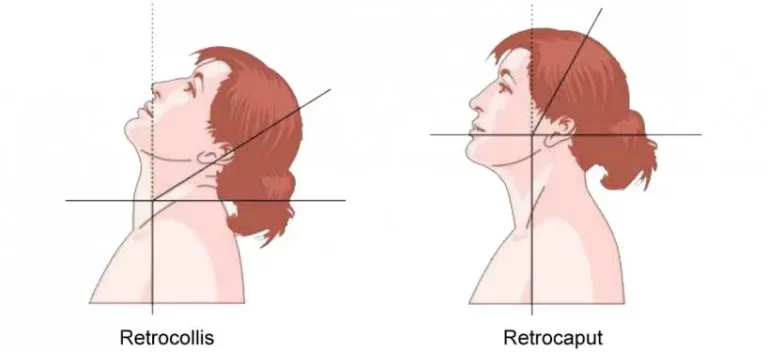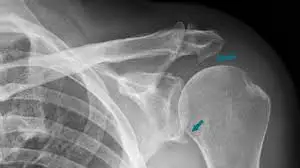Retrocollis
What is a Retrocollis? Retrocollis is a medical term used to describe a specific type of dystonia characterized by involuntary and sustained backward tilting of the head and neck. This neurological disorder falls under the broader category of movement disorders and can have a significant impact on an individual’s quality of life. Retrocollis is often…










